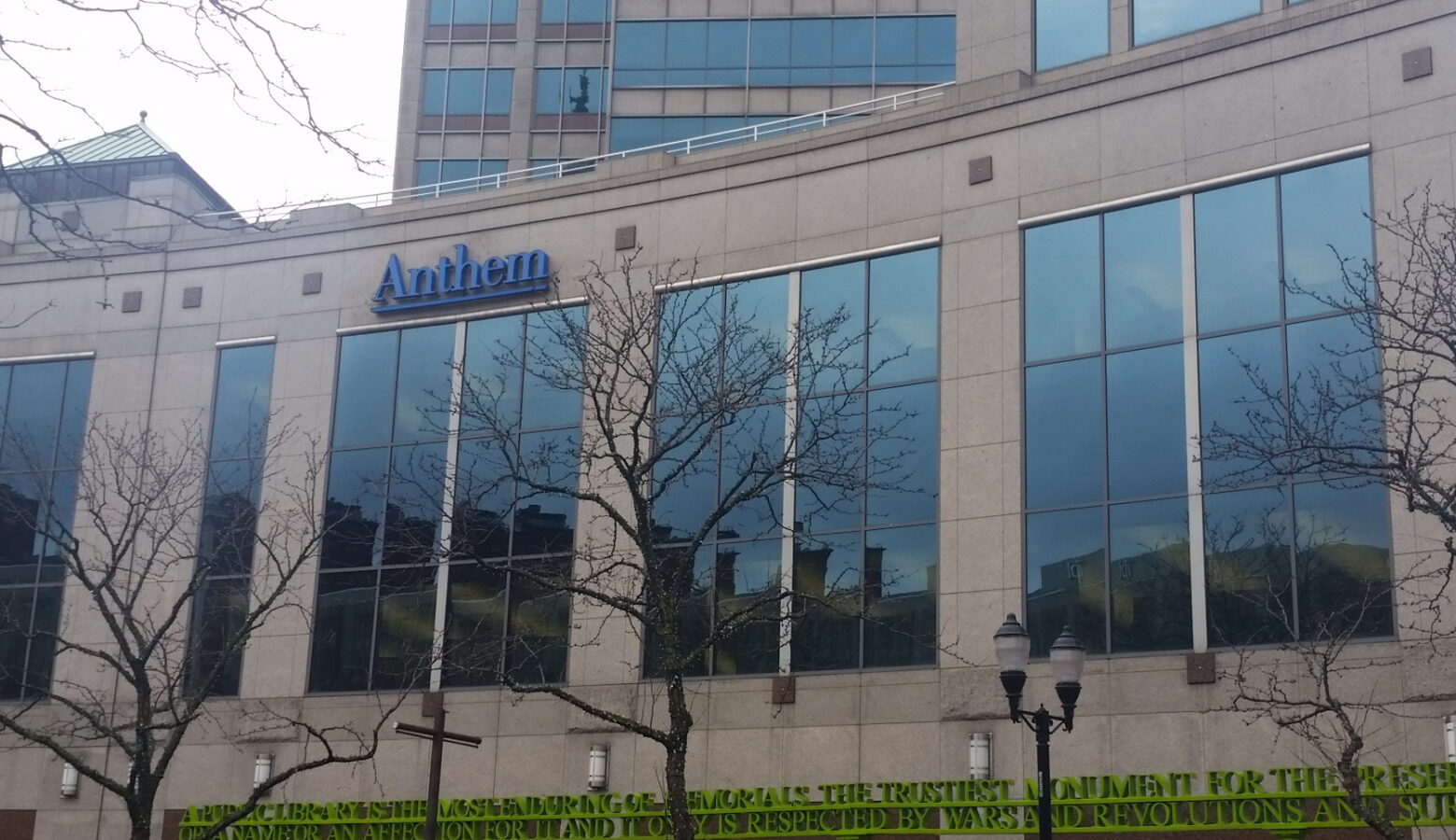End of the federal public health emergency prompts confusion for recipients and providers

With the end of the federal public health emergency, some Medicaid recipients may no longer be eligible for continued coverage. During this emergency, some Medicaid programs, including traditional Medicaid, the Children’s Health Insurance Program and the Healthy Indiana Plan, had a hold on traditional rules that required updated paperwork and documentation to remain eligible for coverage.
Mark Fairchild is the director of policy and communication at Covering Kids and Family of Indiana.
In an earlier interview, he explained without a need for updated documentation, individuals with changes to their income or address have been able to remain on Medicaid programs when they may not have traditionally been able to.
“Since they’re not doing those rechecks, people that got on the program during the public health emergency basically been able to stay on unless they did something like move out of state or had another dramatic change to make them ineligible for a program in the state of Indiana,” he said.
A federal spending bill passed by legislators late last year uncoupled Medicaid coverage protections from the federal public health emergency. Beginning March 31, 2023, traditional eligibility rules will resume as continued coverage ends.
Join the conversation and sign up for the Indiana Two-Way. Text “Indiana” to 73224. Your comments and questions in response to our weekly text help us find the answers you need on statewide issues.
As Medicaid recipients navigate different coverage options, some recipients and providers are facing confusion.
Fairchild said a big issue during this time is the different insurers involved in these Medicaid plans, which can make information confusing for healthcare providers. Additionally, this confusion can cause consumers to assume their health coverage does not work in places where it may actually be eligible.
“If you can’t use your health care coverage, whether it be Medicaid or Healthy Indiana Plan or a private option, then you can’t be getting preventative care,” he said. “You can’t be taking good care of yourself, you can’t get the help when you need it.”
He said Hoosiers may have trouble explaining the specific carrier of their insurance or the vision, dental and chiropractic subcontractors these carriers may use.
For example, if a consumer has their Medicaid plan through Anthem, they may have their vision benefit subcontracted through an agency such as Superior Vision. Certain providers may only take Anthem’s vision benefits when they are coupled with this specific subcontractor. However, consumers may not be aware of their subcontractors, and healthcare providers may not be educated on which insurance carriers and subcontractors they work with.
Fairchild says this can further the confusion for consumers.
“They might just assume that their coverage isn’t any good anywhere, which means they go without that benefit,” he said. “And they go without learning what their health coverage can do for them.”
To mitigate these issues, Fairchild said one option may be increased consumer education.
“Maybe it is by just having some more fact sheets going out to the providers, so they know how to talk to a consumer,” he said.
However, he said consumers often already receive enough paperwork from provider companies. Fairchild said other creative options may work better.
“Insurance companies themselves, hospitals, an interesting element would be even considering it in schools,” he said.
In terms of maintaining coverage, Fairchild says individuals who will lose their continued coverage soon should look into other coverage options and keep their information current.
“The thing everybody can do now is to make sure their contact information is completely up to date with the state,” he said.
He said consumers should also look for mail from the Family and Social Services Administration or their insurance company to keep updated.
Violet is our daily news reporter. Contact her at [email protected] or follow her on Twitter at @ComberWilen.

